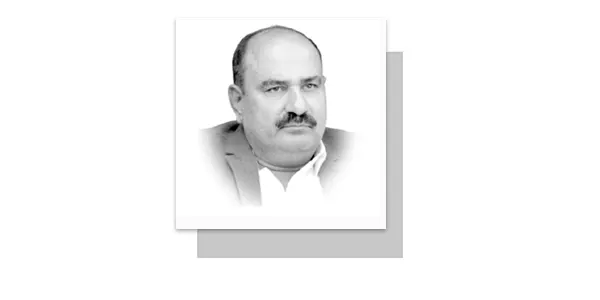IN today’s financial world, many people believe that both Islamic and conventional banking are essentially the same, labeling both as haram (prohibited) because they deal with money, loans and profit-making. However, there is a fundamental difference between the two systems that hinges on their processes, especially in how they align with Islamic principles. Understanding these differences is crucial for anyone who wants to make an informed choice about their financial dealings. The concept of Halal (permissible) and Haram in Islam is not always about the end product—it often depends on the process by which something is done. A well-known example is the slaughtering of animals for food. A goat, which is halal by nature, becomes haram if it is not slaughtered according to the Islamic method (zabiha). Similarly, in banking, the same principles apply: the process by which transactions are conducted determines whether they are permissible.
Conventional banking operates on an interest-based model, where loans are given and deposits are accepted with a predetermined interest rate. Banks lend money and charge interest on loans, making a profit through these interest payments. For example, if you take a loan to buy a house, you pay back the loan with an additional interest amount. Conventional banks often engage in speculative investments like derivatives and high-risk assets, which can lead to financial instability. The primary goal of conventional banking is to maximize profits for shareholders, regardless of how those profits are generated. There is no restriction on where conventional banks invest, meaning they can put money into industries like alcohol or gambling, which are haram in Islam. Because of the reliance on interest (riba), many scholars and individuals consider conventional banking haram. The Quran explicitly forbids Riba, seeing it as an exploitative practice that enriches the lender without regard for the borrower’s situation.
Islamic banking, also known as Shariah-compliant banking, operates in a fundamentally different way. It is not just about avoiding interest—it’s about creating a financial system that prioritizes fairness, transparency and social responsibility. Islamic banks do not charge interest on loans. Instead, they use profit-sharing models where both the bank and the client share in the risks and rewards of an investment. Islamic financial products are designed to share risk between the bank and the customer. For example, in Mudarabah (a profit-loss sharing partnership), the bank provides capital while the entrepreneur provides expertise and profits are shared according to an agreed ratio. Investments are directed toward sectors that align with Islamic values. Islamic banks avoid sectors like alcohol, gambling and speculative markets. They also operate under the guidance of a Shariah Supervisory Board, which ensures that all transactions and products adhere to Islamic law.
The key distinction between Islamic and conventional banking lies in how transactions are structured. The same transaction can be either halal or haram depending on its process. For example, in a conventional bank, if you take a loan to buy a car, you pay back the amount plus interest. This interest is what makes the transaction haram. In an Islamic bank, the bank might purchase the car itself and then sell it to you at a higher price through a contract called Murabaha. You pay the bank in installments, but since there is no interest involved, this process is considered halal. By focusing on ethical processes, Islamic banking aims to create a fairer system that aligns with the values of social justice and transparency, as emphasized in Islamic teachings. Many people assume that since both Islamic and conventional banks are profit-driven, they must be the same. However, this overlooks the critical role of process in Islamic finance. Islamic banks do aim to be profitable, but they must do so in ways that adhere to Shariah principles. This is not about finding loopholes, but rather about structuring transactions in a way that respects Islamic teachings on fairness and equity.
Even for those who are not deeply religious, Islamic banking offers benefits that go beyond the absence of interest. Islamic banking contracts are designed to be clear and transparent, ensuring that all parties understand the terms of their financial dealings. By focusing on investments that benefit society, Islamic banks often support projects in education, healthcare, and sustainable energy. By sharing risks with clients, Islamic banks contribute to a more stable financial system, reducing the chances of major crises like those seen in conventional banking.
Islamic banking offers a clear alternative for those seeking to align their financial practices with Islamic principles. It is not just about avoiding haram activities—it is about creating a system that is fair, just and beneficial for society. For those who have hesitated to engage with banks due to concerns about Riba and unethical practices, Islamic banking provides a way to participate in the financial system without compromising their beliefs. The distinction between Islamic and conventional banking is not merely academic; it affects real-life decisions for millions of people. As the demand for Shariah-compliant financial services continues to grow, it’s essential to understand how the process makes the difference. This understanding can help the public see that while both systems offer similar services, they do so in very different ways, with Islamic banking providing a path that many consider more aligned with ethical and spiritual values.
—The writer is former Regional Executive Inclusive Development at NBP, Mirpur AK.
(aahmadofpaswal@yahoo.com)










